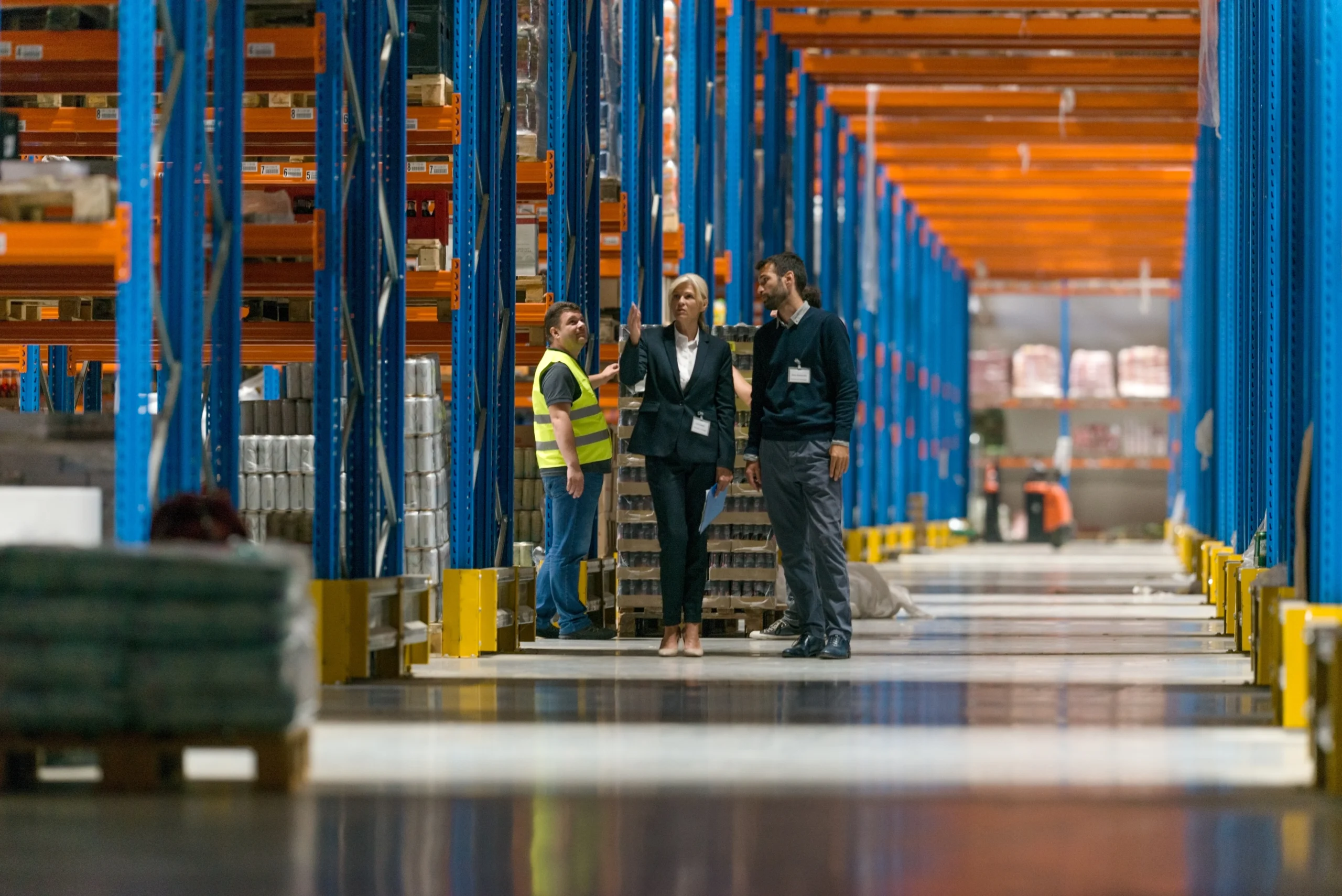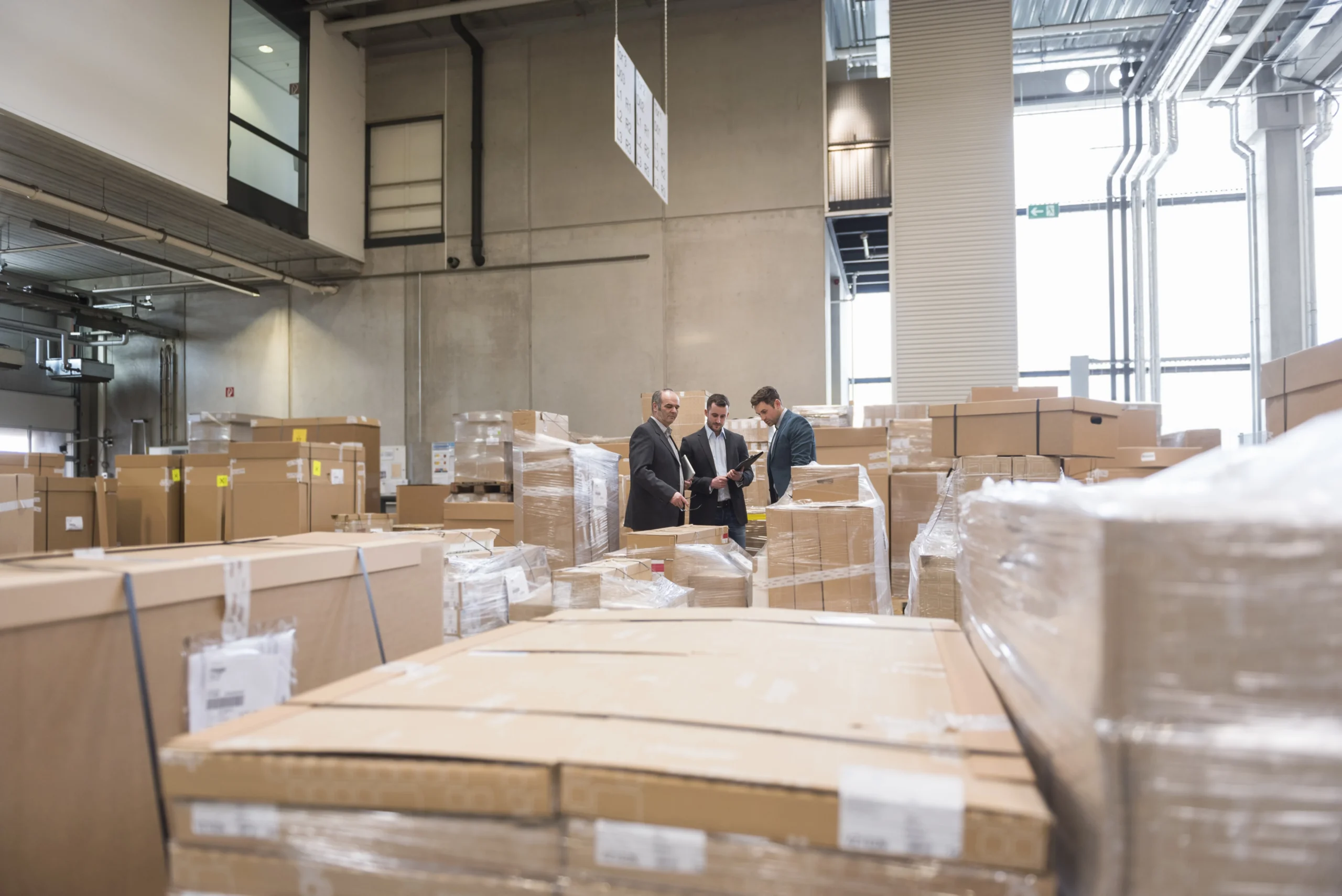Table of Contents
ToggleAt its core, duty-free warehousing is a storage solution designed to minimize financial and logistical burdens for businesses engaged in international trade. It allows companies to defer customs duties and taxes until their goods are sold or leave the warehouse.
Imagine being able to hold inventory while navigating unpredictable markets without immediately incurring heavy duty costs—that’s the magic of duty-free warehousing. As a company with 35 years of experience in third-party logistics (3PL) and foreign trade zone (FTZ) services, we’ve witnessed firsthand how duty-free warehousing empowers businesses to scale efficiently while managing complex supply chains.
Whether it’s electronics, automotive parts, or seasonal products, this solution acts as a buffer, giving businesses breathing room to optimize their operations.

If you’re an importer, exporter, retailer, or manufacturer, you’ve likely felt the pinch of customs duties eating into your profits. Duty-free warehousing is particularly beneficial for:
For example, one of our clients—a luxury watch retailer—used our duty-free warehouse to store inventory during the pandemic. By deferring duty payments, they avoided financial strain and had the flexibility to adjust pricing as demand shifted. To read more click here.
When you don’t have to pay import taxes upfront, it frees up capital for other priorities like marketing or product development. Businesses can store goods for months or even years without worrying about immediate duty costs.
Duty-free warehouses often allow for light manufacturing, assembly, labeling, and packaging. These activities prepare goods for market while remaining within customs regulations.
Transactions that occur entirely within the warehouse, such as transfers or sales between businesses, are often VAT-exempt. This reduces costs for intra-business operations.
Goods can be stored during low demand and sold when market conditions improve. This is especially beneficial for seasonal industries.
By deferring customs formalities, businesses experience fewer bottlenecks, enabling smoother global distribution.
While duty-free warehousing and bonded warehousing share similarities, they cater to different business needs and have distinct advantages. Duty-free warehouses allow businesses to store imported goods without paying customs duties until the items are sold or exported.
This creates an opportunity for cost savings and better cash flow management. On the other hand, bonded warehouses are more focused on storing goods for export, with duties deferred until the products leave the warehouse.
Another key distinction lies in the scope of activities allowed. Duty-free warehouses often permit value-added services such as repackaging, labeling, and assembly, offering businesses a chance to enhance their goods before market entry.
Bonded warehouses are generally more restrictive in this regard, focusing primarily on long-term storage. While duty-free warehouses emphasize VAT exemptions and operational flexibility, bonded warehouses cater to businesses aiming to consolidate shipments or prepare goods specifically for export.
Both solutions have their strengths, but the choice depends on the unique needs and goals of the business. To read more click here.

The process of leveraging duty-free warehousing begins with understanding your specific needs. Here’s a roadmap:
Every opportunity comes with its challenges. In our experience, the most common hurdles include:
In today’s digital age, technology is the backbone of efficient warehousing. At Tri-Link FTZ, we use cutting-edge tools to maximize operational efficiency:

By reducing costs and streamlining logistics, duty-free warehousing improves supply chain efficiency in several ways:
Navigating the legal landscape of duty-free warehousing is critical to avoid costly penalties or delays. Regulations vary by region, but here are some universal considerations:
In one instance, we helped a client streamline their documentation process, avoiding potential penalties and expediting the movement of goods through customs. This hands-on approach is what sets Tri-Link FTZ apart.
Choosing the right duty-free warehouse is a critical decision that can directly impact your business’s bottom line. Here are some tips:
With 35 years of experience in logistics and FTZ operations, we’ve helped countless businesses optimize their supply chains with customized duty-free warehousing solutions.
Duty-free warehousing is more than just a cost-saving tool; it’s a strategic asset that allows businesses to navigate the complexities of international trade with greater flexibility and confidence. From deferring customs duties to enabling value-added processes, the advantages are clear.
At Tri-Link FTZ, we’ve spent decades refining our services to provide seamless, compliant, and technologically advanced warehousing solutions. Whether you’re a small business exploring global markets or a multinational corporation optimizing your supply chain, our team is here to help.
If you’re ready to take your business to the next level, contact us today to learn more about our duty-free warehousing solutions. Together, we’ll unlock new opportunities for growth and success.
Ready to leverage duty-free warehousing for your business? Contact Tri-Link FTZ today or call us at (866) 994-2602 to discuss your storage and logistics needs. Let’s build your pathway to success!
Share this article
We have other resources available upon request as well as one-on-one support and personalized answers, just like our services.
Simply contact us anytime and we’ll get back to you to answer your questions and provide meaningful answers that show you how Tri-Link supports your logistics, reduces costs, and accelerates efficiency.
Tri-Link delivers exceptional FTZ and 3PL services tailored to your global trade needs.
Our solutions combine innovation, quality, and efficiency to exceed your expectations and meet your specific requirements.